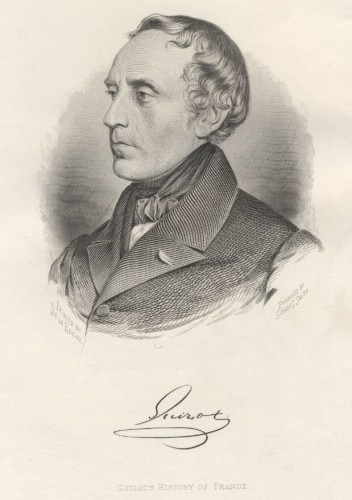(Here is something I wrote in November of last year)
At a minimumat a bare minimumthe Benghazi affair reveals a dismal level of incompetence pervading the Obama administration. There is also reason to believe that it reveals decison-making about life-and-death matters based on this President’s desire to preserve his “narrative,” rather than facing reality and acting upon it. And, I suspect, the more we learn about what happened in Benghazi, and why it happened, the more disturbing the answers are going to be.
I’m currently re-reading the memoirs of General Edward Spears, who was Churchill’s emissary to France in 1940. There was a disturbing amount of defeatism, and in some cases actual sympathy with the Nazi enemy, among certain government officials and other French elites. Weygand’s friend Henri de Kerillis, a Deputy and newpaper editor, had been consistently pressing Prime Minister Daladier to investigate some sinister behavior by members of the extreme Right.
“Il faut de’brider l’abces,” he had said time and time again to the Premier. He had done so again lately and received this strange answer: I have done exactly what you urged, I have opened the abscess, but it was so deep the scalpal disappeared down it, and had I gone on, my arm would have followed.” This was really very frightening, and I said so. “You cannot be more frightened than I am,” said Kerillis.
I feel sure that we are going to find that the abscess revealed by the Obama administration’s behavior re Benghazi goes very deep indeed.
5/9/2013: A useful source of information about the Benghazi debacle and the related investigations is the site Special Operations Speaks.
